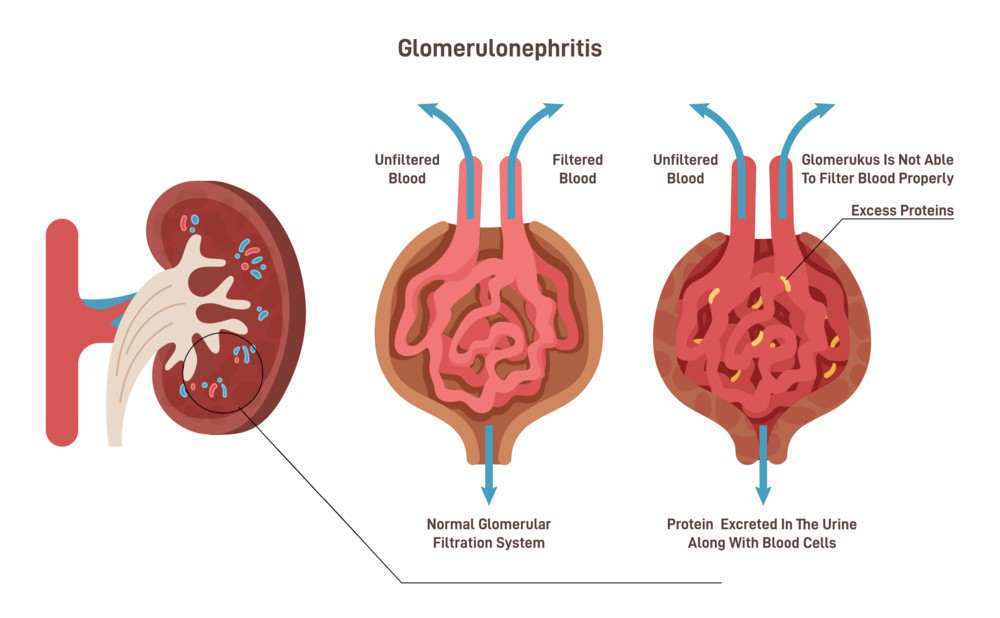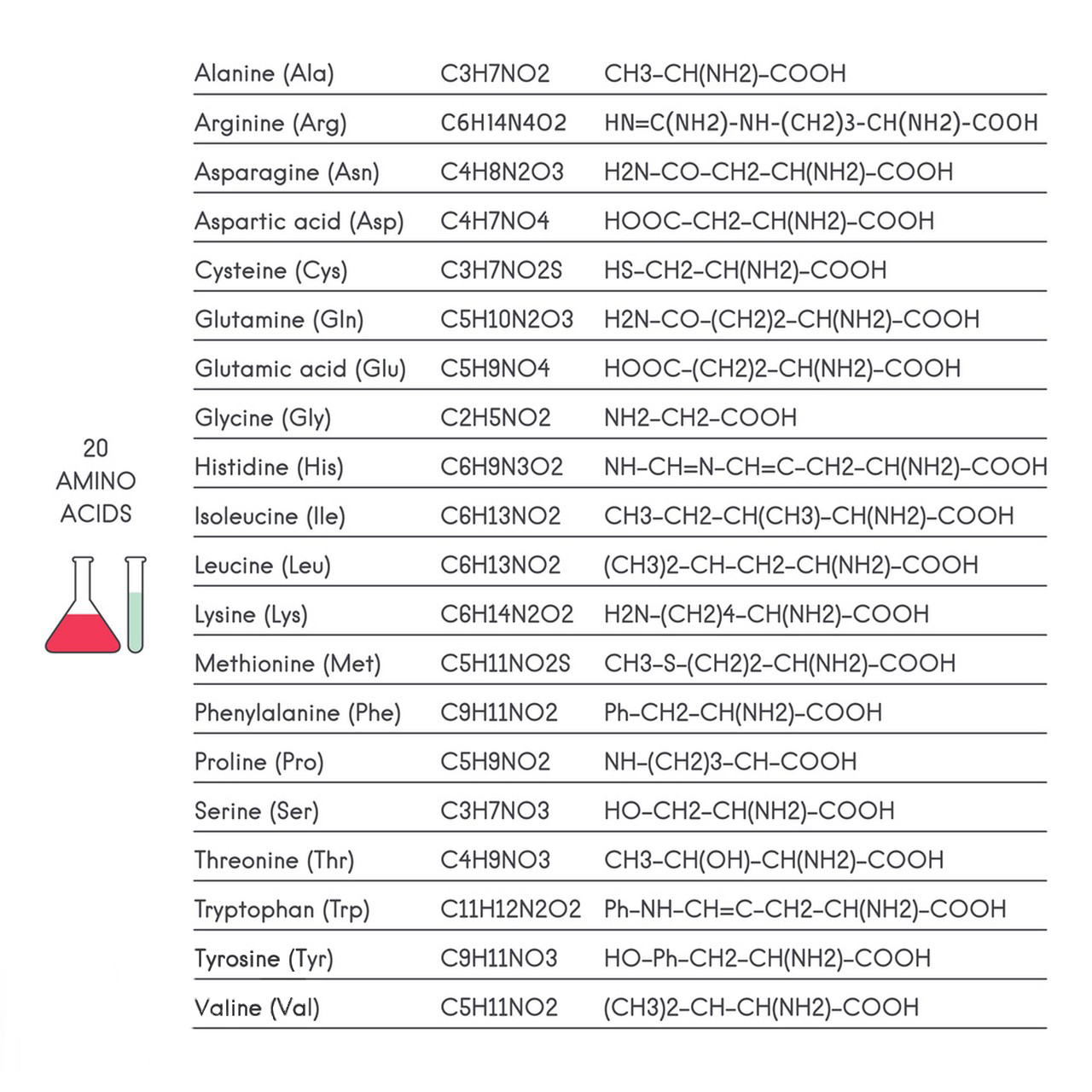L-Arginine is an amino acid that is classified as semi-essential or conditionally essential. This means that while the body can typically produce it on its own, there are times (such as during illness or physical stress) when additional L-Arginine may be necessary.
Key Functions of L-Arginine:
- Precursor to Nitric Oxide: L-Arginine is a precursor to nitric oxide (NO), a molecule that helps dilate blood vessels, improving blood flow and circulation. This function is particularly important for cardiovascular health.
- Protein Synthesis: As an amino acid, L-Arginine is involved in the synthesis of proteins, which is essential for muscle growth and repair.
- Immune System Support: It plays a role in immune system function by promoting the production of certain immune cells and enhancing overall immune response.
- Wound Healing: L-Arginine has been shown to improve wound healing and tissue repair, which is why it’s sometimes used in clinical settings for patients with injuries or burns.
- Hormonal Effects: L-Arginine is involved in the production of growth hormone and insulin, making it important for metabolic functions and overall growth.

Health Benefits of L-Arginine:
- Cardiovascular Health: L-Arginine’s ability to boost nitric oxide levels can help lower blood pressure and improve overall heart health.
- Exercise Performance: L-Arginine may enhance exercise performance by improving blood flow to muscles, which can lead to better endurance and reduced recovery times.
- Erectile Dysfunction: It is sometimes used as a supplement for improving erectile function due to its effects on blood flow.
- Improved Blood Flow: Due to its role in nitric oxide production, it may aid in reducing the risk of conditions related to poor circulation.
Sources of L-Arginine:
L-Arginine is found in a variety of foods, particularly those rich in protein:
- Animal-based sources: Meat, poultry, fish, eggs, and dairy products.
- Plant-based sources: Nuts, seeds, legumes, and soy products.
Supplements:
L-Arginine is available as a dietary supplement, often in powder or capsule form. It is commonly used by athletes for performance enhancement, as well as for cardiovascular and erectile health.
Possible Side Effects:
While L-Arginine is generally considered safe when taken in recommended amounts, there can be side effects, especially at high doses:
- Gastrointestinal issues (e.g., bloating, diarrhea).
- Low blood pressure (due to vasodilation effects).
- Allergic reactions (rare).
It is also important to be cautious when combining L-Arginine with certain medications (like blood pressure drugs or erectile dysfunction medications), as interactions may occur. Always consult a healthcare provider before starting supplementation.

Conditions Where L-Arginine May Be Beneficial:
- Hypertension (high blood pressure)
- Heart disease
- Erectile dysfunction
- Diabetes
- Impaired immune function
Overall, L-Arginine is a versatile amino acid with several health benefits, particularly in improving blood circulation, muscle recovery, and overall cardiovascular health.
